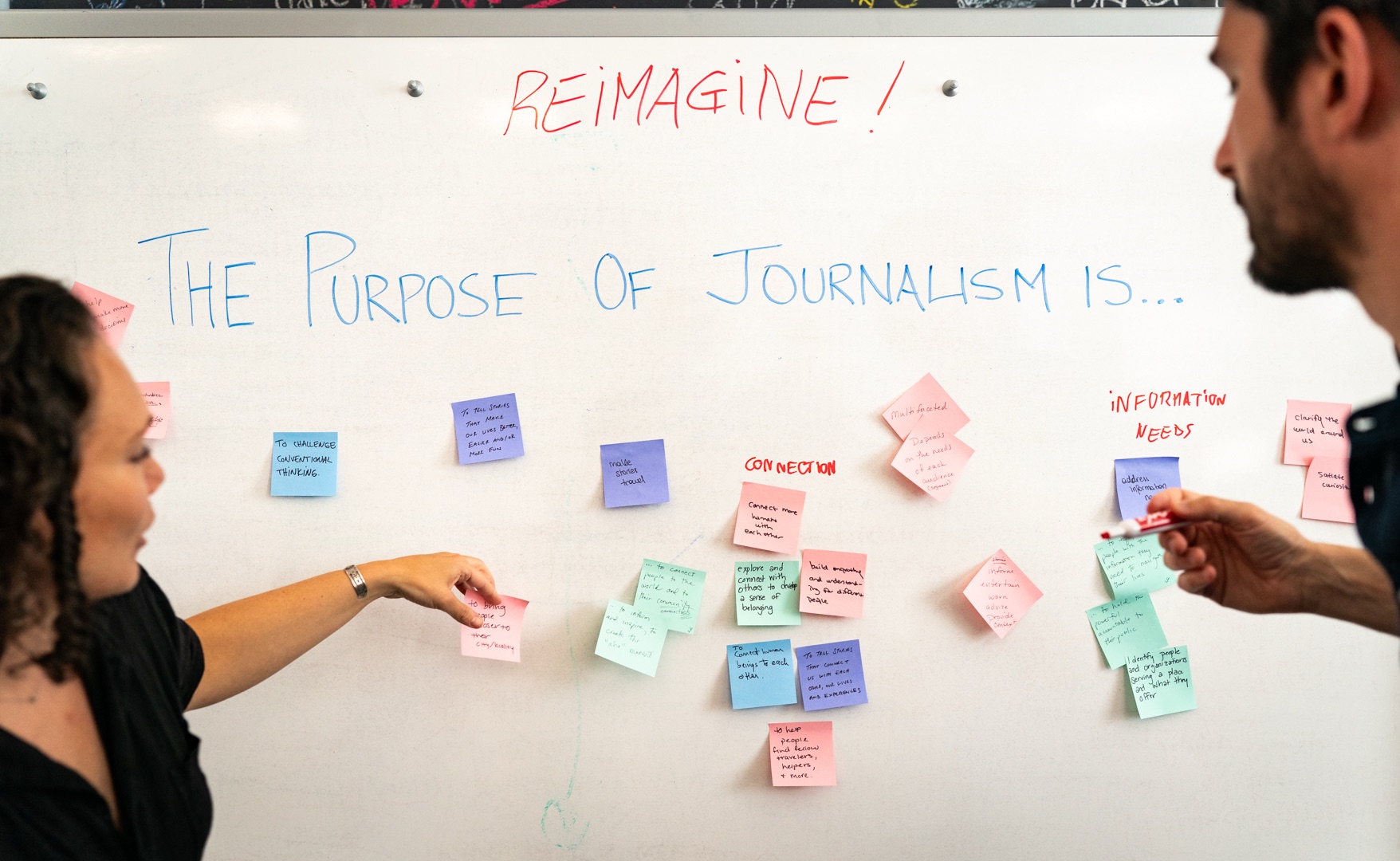This week we’re happy to announce a first iteration of City Hall Monitor, a project designed to help reporters in Chicago find unique, newsworthy documents among a slew of mundane government paperwork.
Currently, a journalist who searches the city’s archives is likely to be buried under a pile of boring documents that are unlikely to provide much journalistic value (think approvals for awnings or sidewalk cafés and notes of congratulation or gratitude). Though some aggregate analysis of these documents may be interesting, the typical reporter spends too much time sorting through thousands of irrelevant documents to find the relatively few non-routine ones (like the $5 million payment to the family of police shooting victim Laquan McDonald.).

City Hall Monitor allows reporters to filter the mundane documents, limit their search by date, and create subscriptions to alert them when new documents matching their search term are published. It’s a first step in a work-in-progress technology that we hope proves useful.
City Hall Monitor may seem like a departure from our tried and true technology, especially if you know us primarily as the creators of TimelineJS, StoryMapJS, Soundcite, etc., but the truth is we’ve always built technology for the entire journalistic process, from data collection and analysis through presentation and distribution. Many of our early projects focused on news discovery (Local Angle, Neighborhood Buzz), but haven’t proved as popular or useful as the storytelling tools. City Hall Monitor was a great opportunity for us to try something challenging, focus on a reporting problem journalists around the country face, and build a project with enough focus to assign specific technical components to student fellows.
While we think that the searching and web-friendly document display (courtesy of our friends at DocumentCloud) are useful, we have students already at work exploring large scale document analysis methods and developing a glossary of terminology used in these documents. We're also looking at the possibility of generating structured datasets from documents of certain kinds, or providing other kinds of indexing to the document set.
If you’re in Chicago, we’d love to hear from you about your experiences using City Hall Monitor. If you’re outside the city, we’d like to know more about the specific challenges you face and perhaps talk about adapting City Hall Monitor to your city.




